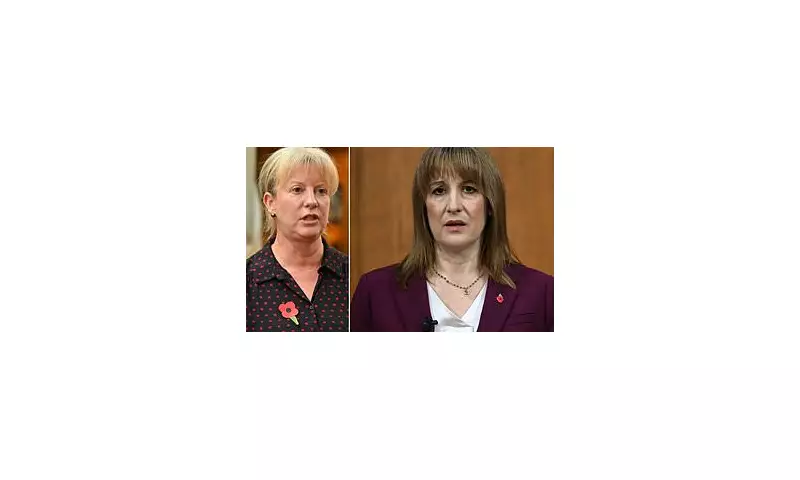
Scottish families are facing the prospect of deeper financial strain as Westminster Chancellor Rachel Reeves contemplates income tax increases that could further separate Scotland's tax regime from the rest of the United Kingdom.
The Growing Fiscal Divide
Households across Scotland are nervously watching developments at Westminster, where the new Labour government is considering tax adjustments that would exacerbate the existing disparity between Scottish and English tax rates. This potential move comes at a time when many families are already feeling the pinch from current Scottish National Party policies.
Double Whammy for Scottish Taxpayers
The situation creates a perfect storm for Scottish residents, who could find themselves paying significantly more income tax than their counterparts in other parts of Britain. With the SNP government already implementing higher tax bands for middle and high earners, any additional increases from Westminster would compound the financial pressure on working families.
Economic Implications
Financial experts warn that widening the tax gap could have serious consequences for Scotland's economy and its attractiveness to skilled workers and businesses. The potential for tax migration – where higher earners relocate to avoid increased taxation – represents a genuine concern for economic stability in the region.
Political Fallout
The tax debate has ignited fresh political tensions between Holyrood and Westminster, with Scottish ministers facing difficult decisions about how to respond to potential UK-wide tax changes. The situation tests the limits of devolved taxation powers and raises fundamental questions about fiscal autonomy.
As Scottish families await clarity on their financial future, the looming tax decisions threaten to reshape the economic landscape north of the border, potentially creating one of the most significant tax divergences since devolution began.





